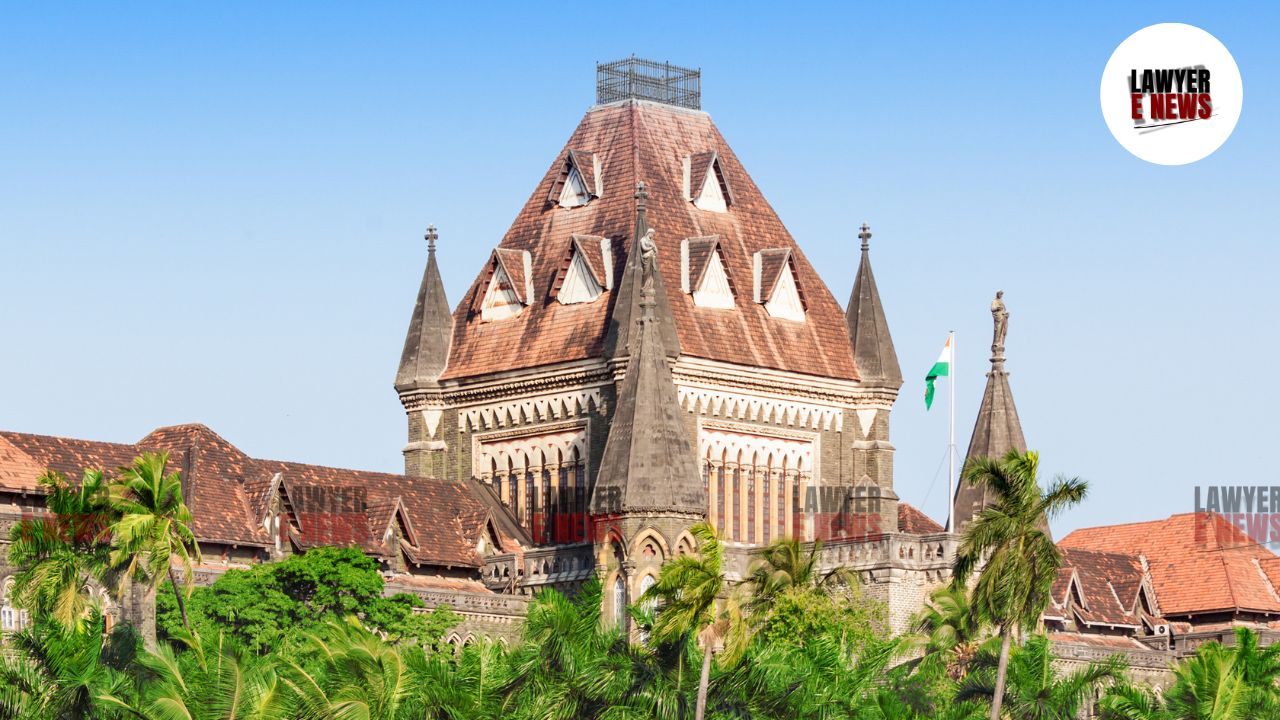-
by Admin
15 February 2026 2:16 AM



"There is no material on record to raise grave suspicion against the applicants, and continuation of prosecution would not only be an empty formality but an abuse of process of law." – Justice Sandeep V. Marne, Bombay High Court.
In a significant ruling, the Bombay High Court has discharged two senior scientists, Dr. Gufran Beig and Vipin Raghunath Mali, from criminal prosecution in a case involving allegations of corruption and substandard procurement in the SAFAR Pune project. The scientists, formerly employed at the Indian Institute of Tropical Meteorology (IITM), were accused of facilitating the purchase of below-specification digital display boards for the SAFAR (System of Air Quality and Weather Forecasting And Research) initiative. The Central Bureau of Investigation (CBI) alleged that the procurement caused a wrongful loss of Rs. 2.50 crores to IITM and benefited a private contractor, M/s. Video Walls.
Dr. Gufran Beig, a project leader at IITM, and Vipin Mali, a senior technical officer, were implicated in irregularities related to the procurement of digital display systems for Pune City under the SAFAR project. The CBI charged the scientists with:
Diluting Procurement Criteria: The applicants allegedly reduced the pre-bid turnover criteria from Rs. 50 crores to Rs. 3 crores to favor M/s. Video Walls, the contractor.
Rejecting a Qualified Bidder: The bid of M/s. MIC Electronics Ltd., a previous supplier for SAFAR Delhi, was purportedly rejected on flimsy grounds.
Substandard Equipment: M/s. Video Walls supplied digital display boards that did not meet the brightness specifications in the tender.
Bogus Test Reports: Dr. Beig was accused of issuing a test report certifying the substandard displays.
The CBI’s case rested on these allegations, contending that the applicants had conspired with private parties to defraud IITM.
Justice Sandeep V. Marne, in discharging the applicants, conducted a detailed analysis of the evidence and the procurement process:
No Grave Suspicion: The court found that the procurement decisions were made by committees, not by the applicants alone. All steps were approved by higher authorities, including the IITM Director, and the bids were assessed by both a Technical Evaluation Committee (TEC) and a Commercial Evaluation Committee (CEC), comprising multiple members.
Rejection of M/s. MIC Electronics: The court dismissed the allegation that the rejection of M/s. MIC Electronics' bid was malicious. The TEC had valid reasons to reject the bid, including discrepancies in the dimensions of the LED display board and concerns about the company’s poor after-sales service.
No Personal Gain: Importantly, there was no allegation or evidence that the applicants received any financial benefit from the procurement process. The court emphasized that the accusations against the applicants were not substantiated by the evidence presented.
Test Reports and Specifications: On the issue of substandard equipment, the court noted that IITM had not received any complaints about the functioning of the display boards for seven years after installation. The court also found no concrete link between the COEP test report and the overall quality of the displays, dismissing the accusation of bogus test reports.
Departmental Exoneration: A crucial factor in the court's decision was the exoneration of Vipin Mali in a departmental inquiry. The inquiry, which examined the same allegations, concluded that Mali was not responsible for any wrongdoing. The court found that if the charges could not be proven in the departmental inquiry, the chances of securing a conviction in the criminal case were slim.
The court cited the Supreme Court’s ruling in Radheshyam Kejriwal to underscore that exoneration in a departmental inquiry, conducted on a lower standard of proof, could impact the viability of criminal prosecution. In this case, the court concluded that continuing the prosecution after the departmental inquiry had cleared the applicants would be unjust and an abuse of the legal process.
The ruling has brought significant relief to the two former IITM scientists, marking the end of a prolonged legal battle that began with allegations of corruption and substandard procurement. The court’s decision emphasizes the importance of evaluating evidence carefully in complex procurement cases and highlights the impact of departmental findings on criminal proceedings. This case may serve as a precedent for future cases where departmental exoneration is considered relevant to criminal prosecution.
Date of Judgment: September 9, 2024
Dr. Gufran Beig & Vipin Raghunath Mali vs. C.B.I. A.C.B. Pune & State of Maharashtra
